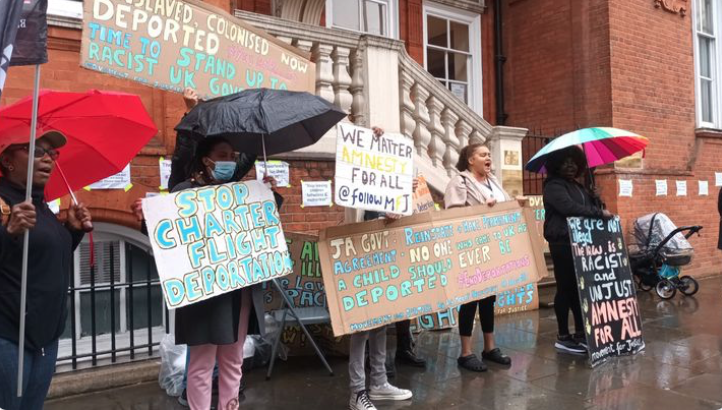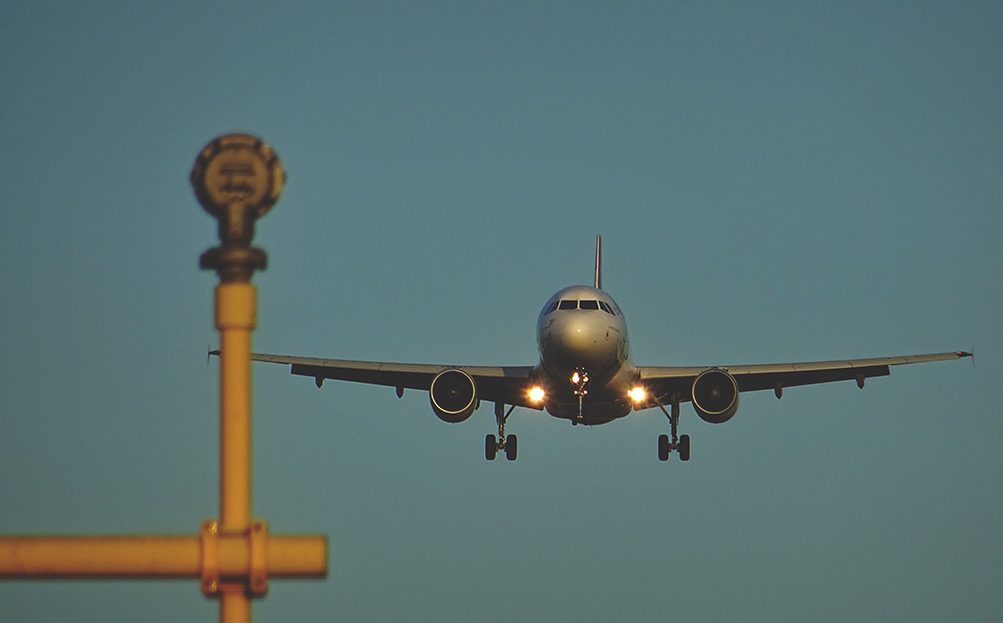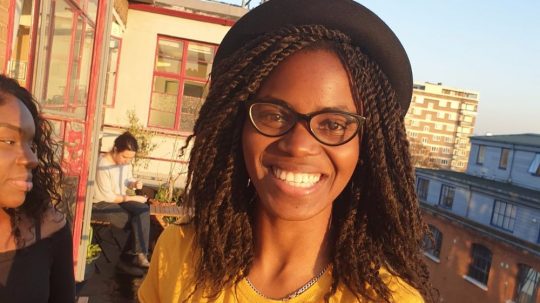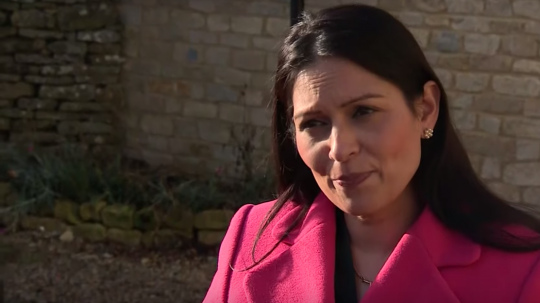Last Wednesday, the UK government deported seven Jamaican nationals living in the UK. Under the UK Borders Act (2007), any foreign national who has served a prison sentence of 12 months or longer may face deportation. One father left behind his partner and his five-year-old daughter. For him, and for others in his position, it will be a struggle to see his family again, despite the right to a family life which is protected under the Human Rights Act (HRA).
On the flight in question, the Home Office deported people who have lived in the UK and had served a prison sentence of 12 months or more for a criminal offence, such as cannabis cultivation. These seven individuals deported to Jamaica are just the most recent cases of people becoming separated from their families without money or a guaranteed safe place to stay.
According to reports, over 100 people were due to be on the flight, but it took off with just seven people, due to legal intervention.
Deportation can breach the right to a family life, which is protected under Article 8 of the Human Rights Act. But the right to family life is not absolute. Under current legislation, parents can be deported and permanently separated from their children living in the UK unless they win a deportation appeal on the grounds of a breach of human rights, which is no simple task.
Black people are ten times more likely to be sent to prison for a first-time drug offence
In the UK, Black people are ten times more likely than white people to be sent to prison for a first-time drug offence.
Annie Campbell Viswanathan, director of Bail for Immigration Detainees, an organisation which challenges immigration detention in the UK, said that racism was “woven into” the UK’s immigration policies:
“It’s a net that sweeps up anybody, regardless of their ties to the UK. It doesn’t matter, in a way, what their offences are”, she said, adding that the system “should not be ‘doubly punishing’ people” by deporting them.
‘Intense trauma’ inflicted on Jamaican community with Windrush connections
Karen Doyle, from Movement for Justice, an organisation that works with families to challenge deportation flights, has been supporting a mother and her five-year-old daughter whose father was on the deportation flight last week.
Doyle said: “They will never be able to afford to go to Jamaica. The money that they used to pay for lawyers [to challenge the deportation decision] was non-existent money. There is no hope they will see him again unless they win his return.”
For many, deportation can leave families “completely broke” from having to pay legal fees for a deportation appeal. In addition to that, families then have to find a way to support their loved ones in another country. This can include making sure they have a phone and credit to arrange a place to stay from thousands of miles away.
Doyle said it is “devastating” for people deported on these flights. She spoke with one young man due to be deported on last week’s flight to Jamaica. “When I talked to him on the night of the flight, the absolute terror in his voice was overwhelming. To experience that kind of terror and not being able to do anything about it changes you.”
Please read this series of Tweets by @followMFJ.
People are being uprooted, shipped off to countries they left as children, taken advantage of blatantly. These individuals are all assets to their communities, some are being punished for past mistakes. This must stop!#Jamaica50 https://t.co/iEZyqU3LdX
— Caribbean Labour Solidarity (CLS) (@CLSUK1974) May 18, 2022
More than half of those due to be deported on the flight last week were reported to have direct links to the Windrush generation. ‘These are people with extensive and historical family connections’, said Doyle, adding that they ‘have grandparents and great grandparents who came to the UK and fought in the war’.
Struggling families face thousands of pounds in legal fees to challenge deportation
In 2012, immigration rules changed, which made it harder for foreign criminals to appeal deportation by invoking their right to a family life under the European convention on human rights. It restricted what could be defined as a breach of the right to family life in legal challenges to deportation.
Under these new rules, a claimant has to prove that it is ‘unduly harsh’ for a child to leave the country with a deported parent, or to live without the parent, for deportation to be considered a breach of Article 8 rights.
Additionally, the government made changes to the Legal Aid, Sentencing and Punishment of Offenders Act. This included cuts to legal aid and excluded the majority of people claiming the right to family life from financial support. As a result, many families cannot afford legal action. In the past two years, the rate of deportation appeals has halved.
Families for Justice, a group of mothers, daughters and sisters whose loved ones have been deported, stated: “This law has made many of us into single parents, depriving our children of their fathers and leaving us financially and socially disadvantaged.”
Speaking about the link between 12-month sentences and deportation, Doyle deemed it wrong and called for opportunities for rehabilitation: “These are people who have served their time and deserve the opportunity for rehabilitation as much as anyone else. There isn’t a single family that I’ve spoken to over the years that hasn’t been treated terribly or taken advantage of.”
The Home Office stated: “People with no right to be in the UK, including foreign national offenders, should be in no doubt that we will do whatever is necessary to remove them. This is what the public rightly expects and why we regularly operate flights to different countries.”
“The New Plan for Immigration will fix the broken immigration system and stop the abuse we are seeing by expediting the removal of those who have no right to be here.”





